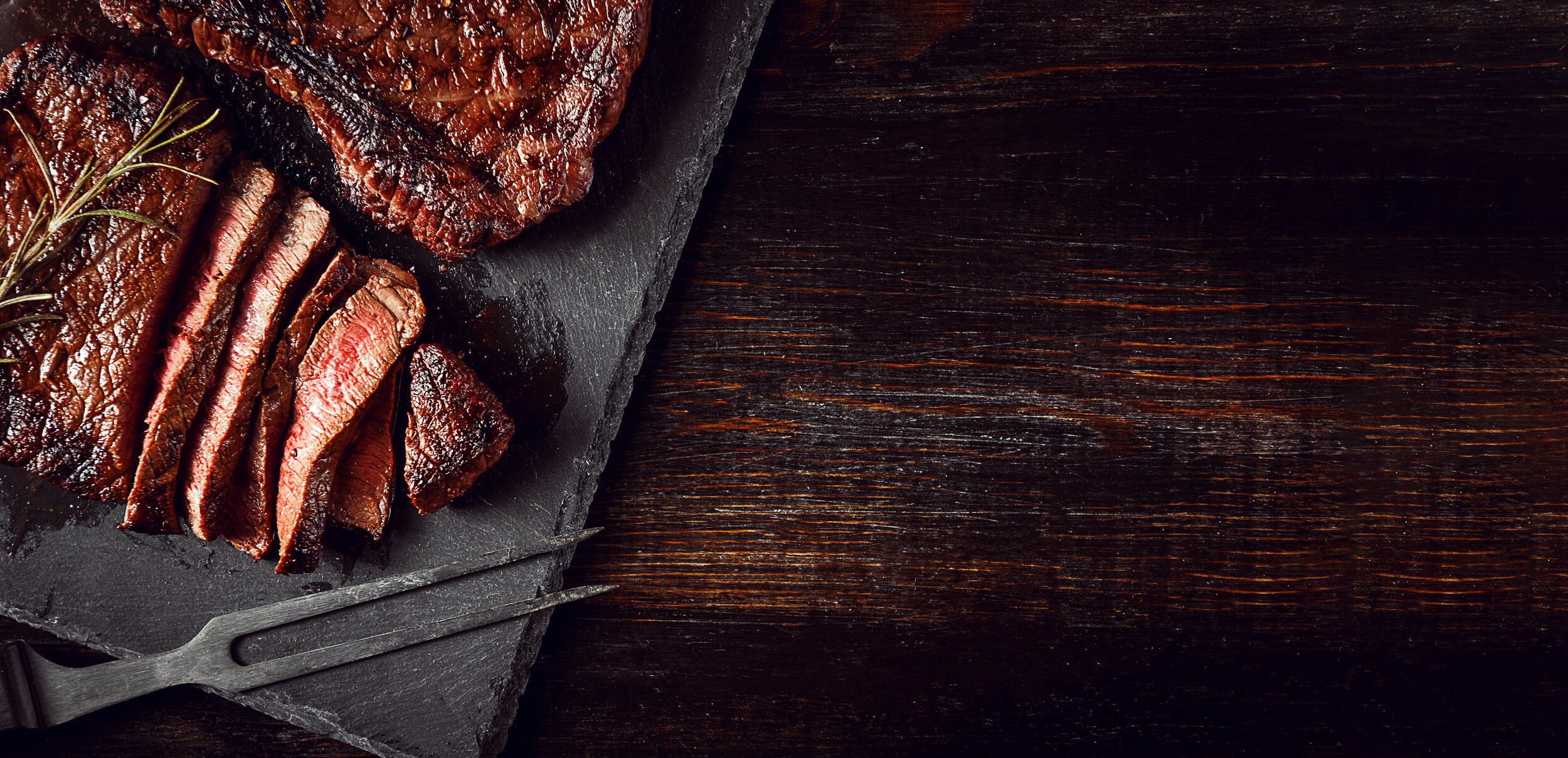Diverticulitis is most often found in the colon of people older than 40 years, but the signs and symptoms of diverticulitis can vary from case to case.
Is Diverticulosis Hereditary?
Did you know that when it comes to getting certain diseases, your genetics can play a role in increasing your likelihood of developing it? When it comes to diverticular diseases, knowing whether genetics can affect your chances of developing them is important. In this article, we will discuss everything you need to know about diverticulosis, including what it is, symptoms of diverticulosis, who can get it, and whether your risk factors of diverticulosis could be based on your genetics.
Foods You Should Avoid If You Have Diverticulitis
Diverticulitis is a condition that occurs when pouches in the colon (called diverticula) become inflamed or infected. The symptoms of diverticulitis are often mild, but sometimes they can be quite severe and require emergency treatment. To help you avoid these symptoms, today we’re discussing what triggers diverticulitis flare-ups, namely specific kinds of foods to avoid with diverticulitis.
4 Common Colon & Rectal Disorders That We Treat At Colorectal Clinic Of Tampa Bay
While colon and rectal disorders aren’t usually a hot topic of conversation, gastrointestinal issues are more common than you may think. The symptoms for digestive conditions are broad and the severity ranges from mild discomfort to long-term health complications. Here are five common digestive conditions, their symptoms, treatments and what you should do if you suspect that you suffer from any of these.
Understanding the Stages of Diverticulitis
Diverticulitis is a gastrointestinal condition that commonly affects people over the age of 40 and can cause severe abdominal pain and other unpleasant symptoms. Today we’re walking you through everything you need to know about the stages of diverticulitis, what causes diverticulitis, and some common diverticulitis statistics.





